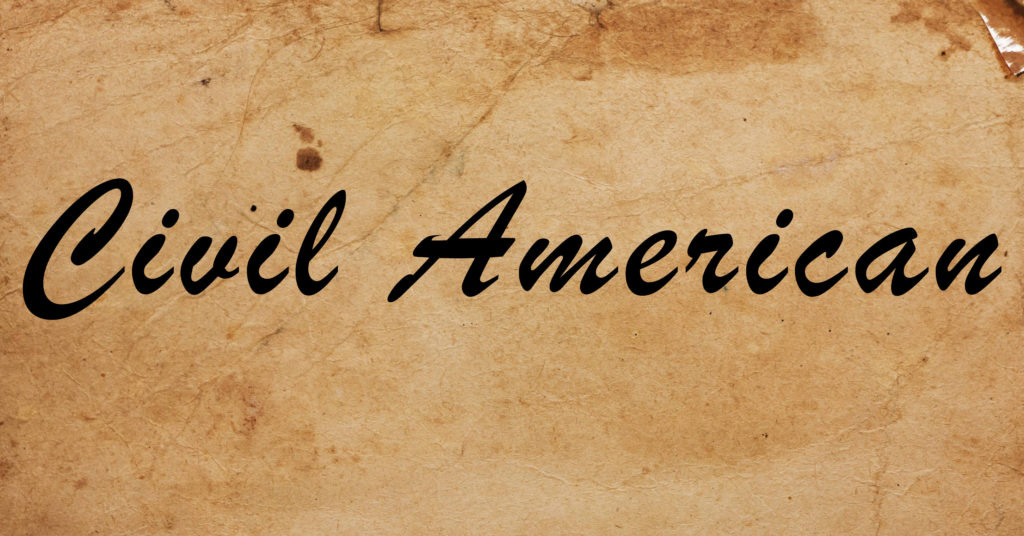SOPHIA’s activities all are designed to fulfill our goals, which are themselves aimed at advancing our mission. After a list of SOPHIA’s various activities, our mission statement and our strategic goals are listed here below.

NOTE: Many of the links below target “categories” of activity that have yet to be populated on this new Web site. In time, we will be using these category tags and content will be found via these links. For now, bear with us and help us to populate these!
 1) Events
1) Events
If you click on this heading (Events), you’ll pull up all manner of activities that SOPHIA engages in, tagged with the word “events.” These will primarily take three forms:
- Local, in-person, conversational meetings. These might take place in academic institutions where an event is open to the public. They may also be in people’s homes or in coffeeshops, where SOPHIA folks gather to have philosophical conversation. For information on how to organize one of these, see our page about chapters.
- National or international professional gatherings. While SOPHIA’s aim is to open up new forums for publicly engaged philosophy, the organization also involves many scholars who may benefit from organizing panels at large conferences, such as at meetings of the American Philosophical Association or the Public Philosophy Network. When possible, SOPHIA will involve and invite members or people living in the region of the professional event to join a panel that connects with their interests and experience, regardless of academic affiliation. We want to learn with and from people who are and are not professional philosophers.
- Online meetings, to be recorded as videos or podcasts, or both. SOPHIA plans to hold some of our meetings online. We are developing our capabilities in this regard. We envision a platform that will include a number of people in a video chat mechanism, involving others too who want to participate or comment even if not on video, such as via Twitter or Facebook commentary.
 2) Productions
2) Productions
SOPHIA aims to build communities of philosophical conversation, which can take the form of video or audio recordings, as well as interactions in writing. In addition, SOPHIA gathers and produces materials to be used for our events and publishes pieces that analyze or disseminate insights about our meetings and practices.
- Gathered and created meeting materials. In the effort to create and encourage communities of philosophical conversation, SOPHIA leaders and members gather materials to use at our meetings. Such productions might involve gathered research, summarizing the facts about a given matter for discussion, or a collection of short texts that might be good touch-off points for SOPHIA conversations.
- Video and audio recordings. These will come from recorded meetings, mentioned above, or they may be planned productions not first broadcast live on the Web. We may simply record podcast episodes, for example, sharing information about scholars’ new research or about members’ various experiences and ideas about philosophical issues that arise in public life. We may share these on YouTube and on a Podcast channel. These details are to be worked out.
- Scholarly research. Our publicly engaged work is a two way street, in which scholars bring their expertise to conversations, but learn from community members too. SOPHIA aims to showcase both the insights that scholars gain from SOPHIA meetings, as well as the publicly focused work that our members write professionally. We will encourage collaborations, which are infrequent in academic philosophical writing. We will also spread the word about research that is worth sharing and telling our members about. We will collaborate with new forms of scholarly publication, such as The Public Philosophy Journal, as well as other new venues and tools for disseminating research.
- Op-eds and blogposts
. SOPHIA has this new blog site and intends to use it as a venue for written philosophical conversations. One of our several activities includes the creation of a new peer-reviewed publication series, Civil American. The series is meant to be accessible to the general public, yet to be reviewed seriously through at least a single-blind if not a double-blind peer review process. We envision conversational pieces that touch on matters of importance to people beyond the academy. And, the name is not meant to restrict subject matter to the Americas, but is rather a nod to Scientific American, an outlet of high quality yet accessible material organized in our case by SOPHIA. For information on the publication series and how to submit, visit our introductory post on Civil American. We may test chat formats for posts, as well as panel posts, including two or more writers commenting on a topic. In addition, we will post and share op-eds from our members, both those that are to be posted first on our Web site and those written and published elsewhere, provided we can gain the permission of the relevant outlets. We can at least post links to such pieces.
- Awards and Recognition. In our efforts to promote civil communities of philosophical conversation, SOPHIA may soon create awards for excellence in publicly engaged philosophy and for philosophical thinking and community building among community members.
 3) Society Leadership
3) Society Leadership
To keep SOPHIA going takes a number of activities, such as planning, community-building, fundraising, and more.
- Business meetings. As a society, we will meet or otherwise communicate electronically or by phone in order to plan, make decisions about, or conduct SOPHIA business.
- Membership growth and management. We want to get the word out about SOPHIA. If we are going to build communities of philosophical conversation, they start a person at a time. Thus, we will create and share materials with members, who can spread them around at professional and at community events. We welcome ideas from members about whom to invite into membership.
- Chapter creation and building. SOPHIA will endeavor to support the creation and growth of our various local communities of philosophical conversation around the United States and abroad.
- Social Media. SOPHIA has only recently begun to take advantage of the power of social media to build our society. We now have a Facebook page and a Twitter profile. We will likely set up Facebook “group” pages for each of our chapters. It will be easier than ever to be in touch, involved, and informed about SOPHIA’s activities.
- Grant applications. SOPHIA has successfully coordinated and been awarded grants, such as from the American Philosophical Association and the Mississippi Humanities Council. We have begun to discuss possibilities for grant application to outlets like the National Endowment for the Humanities. Further ideas are welcome. These productions are not generally the sort of things that we will issue many posts about, although we may share news with the membership about developments as well as requests for ideas and contributions for future grant applications.
- Fundraising. SOPHIA has some modest initial resources, but we aim to grow them substantially in order to be capable of substantial support for the society’s mission.
Each of these activities is meant in some way to pursue SOPHIA’s goals in the advancement of our mission. You can read our full strategic plan here, or refer the material above to a few excerpts here below:
Mission
The mission of the Society of Philosophers in America (SOPHIA) is to use the tools of philosophical inquiry to improve people’s lives and enrich the profession of philosophy through conversation and community building.
Goals
Goal 1: To create publicly-engaged SOPHIA chapters that are locally-focused
- Build community outside of philosophy and philosophers, and among disciplines and professions
- Serve as an asset and support for chapters
- Actively recruit chapter leaders and members
Goal 2: To build a collection of thematic materials and meeting guidelines
- Provide structure for meetings in informal and formal settings
- Include timely topics of broad relevance
- Promote and respect diverse perspectives
- Create safe spaces to discuss issues with civility and rigor
Goal 3: To use technology effectively
- Audio and video platforms
- Blogs and social media
- An online member management system
Goal 4: To engage with the profession on public philosophy and digital humanities
- Pursue publishing opportunities in the digital humanities, such as with the Public Philosophy Journal
- Provide training and networking opportunities with partners such as the Public Philosophy Network
- Seek out funding opportunities to support SOPHIA’s goals
If you have ideas or comments to offer, or just want to be in touch about SOPHIA activities, contact Executive Director Eric Thomas Weber vial email, Twitter, or Facebook.





